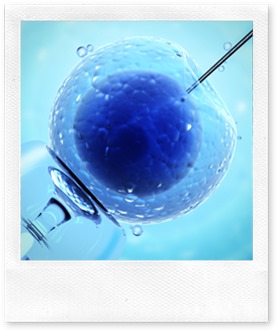An Italian study at a fertility center conducted a study to assess in vitro fertilization (IVF) outcomes in women who were of normal body weight, of reproductive and with adequate ovarian follicles. Women with a vitamin D serum level < 20 ng/mL (considered deficient) were compared with those having > 20 ng/mL (optimal levels = 20-40 ng/mL). 
Of the 335 women who participated, 154 had a serum vitamin D level < 20 ng/mL and 181 had levels of > 20 ng/mL. Women with higher serum levels had more high quality embryos even though a similar number of eggs and embryos were transferred. Women with higher serum levels of vitamin D also had a higher pregnancy rate of 31% vs. 20%. Women with a serum vitamin D level > 30 ng/mL had the greatest chances of pregnancy.
Commentary: What appears obvious to me is that women should have their serum vitamin D level tested prior to undergoing the arduous process of IVF. If their levels are < 20 ng/mL, it would seem logical to dose with vitamin D to improve serum levels, and retest in 3 months to assure > 20 ng/mL before proceeding. While this study does not prove a causal predictive relationship between serum vitamin D levels and IVF success of pregnancy it does seem plausible and worth the simple approach of assuring adequate vitamin D levels in women seeking pregnancy, especially in those seeking IVF.
Reference
Ref. Paffoni A, et al. Vitamin D deficiency and infertility: Insights from in vitro fertilization cycles. J Clin Endocrinol Metab 2014; Aug 14 (e-pub ahead of print)

